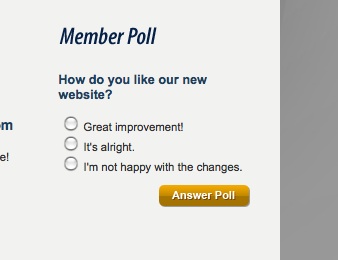Selena Roberts has the “Point After” column again in Sports Illustrated this week, and she uses it to check in on the widow of Korey Stringer, the Minnesota Viking who died of heat stroke during a preseason practice. It turns out that Kelci Stringer is doing terrific educational work, drawing attention to the importance of hydration, even within the macho world of football.
In soccer, we’re pretty good about the hydration thing. On hot days, we limit activity–we even called a practice once because of heat, which I can’t remember *ever* happening when I was a kid in the South–and all coaches call formal water breaks during practices. And the handout that all parents receive lists a water bottle as one of the mandatory things your child needs in order to play. (Last season, a sponsor even donated water bottles for all the kids.) So we take it pretty seriously.
I think that’s why this paragraph rubbed me the wrong way:
“I’ll never forget it,” says Kelci. “Kodie came home from practice [last summer] and said, ‘Oh, Mom, we didn’t have water today.’ I’m trying not to be the spooked widow mother, but I asked a coach, ‘Why didn’t he have water?’ You wouldn’t believe what he said to me: ‘Why didn’t you give him any?’ I’m thinking, How many other coaches think this too?”
Um, I think this! It is amazing to me that parents will send their kid to a sports practice without water. (Kids in my league are old enough to know better, too.) And yet, every practice or game, at least one or two kids won’t have anything to drink.*
You cannot seriously tell me that it is my job to provide water for my whole team. Do I always have an extra water bottle or two? Yes, of course. But I can’t be expected to bring water for 10-14 kids, 3 times a week. (Six times a week if we add in baseball here.) Obviously we’re talking about youth sports here–once you get to high school, things are different.
Coaches have the responsibility to:
- Set the expectation that players will recover and hydrate during practice. (Or, “rest and drink,” as I would’ve said before getting certified.)
- Reinforce that expectation by regularly providing water breaks, by making sure that kids drink during said breaks (because “I’m not thirsty yet” is what that kid over there with heat exhaustion said), and by *never* withholding water as a disciplinary mechanism.
- Monitor the physical well-being of their players during practice.
Players, even in an under-8 league, have the responsibility to:
- Know that a full water bottle is something you bring to practice as automatically as your soccer ball or your cleats.
And parents are responsible for:
- Making sure their kid has water, because kids will be kids, and might forget. And your volunteer coach has a dozen other kids to look after.
- Watching practice closely enough to notice if your kid seems lethargic.
—
It’s possible Stringer meant that her son’s coach didn’t give them a water break, which would in fact be crazy. But it seems like she means “the coach didn’t provide water.”


